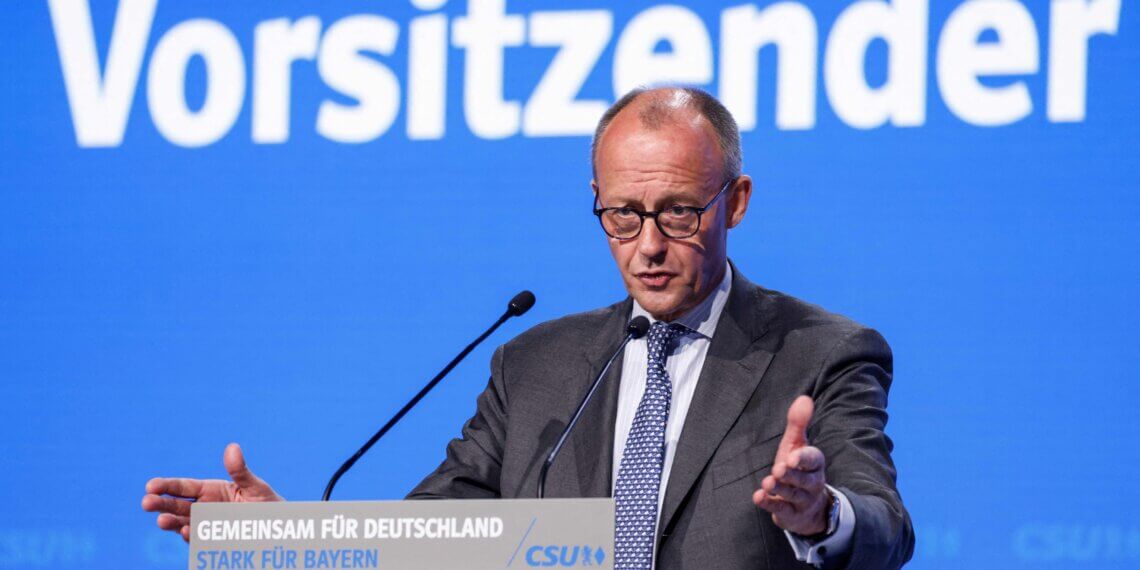The German economy remains stagnant during 2025 because US trade tariffs and international economic instability according to the country’s independent economic advisory board.
The newly appointed Chancellor Friedrich Merz received his first forecast which revealed zero growth for 2025 and minor improvement for 2026 with GDP expansion reduced from 0.4%. Europe’s biggest economy faces its third consecutive year of economic stagnation or recession.
The Trump tariff policies have created worldwide economic uncertainty which endangers growth according to Monika Schnitzer who leads the advisory council. The U.S. president defends tariffs as tools for domestic manufacturing growth yet economists show the policy damages confidence in key export-oriented economies including Germany.
As the newly sworn Chancellor Merz has introduced a comprehensive plan for economic recovery to combat the current downturn. The reform plan proposed by Merz involves streamlining regulations while speeding up digital transformation and decreasing corporate tax rates and building more European trade relationships. The coalition government established an extensive investment program which aims to modernize German infrastructure while driving sustained economic growth.
The present situation shows little improvement. The industrial sector of Germany has suffered from decreasing worldwide customer orders and increasing production expenses. EU exports have suffered from declining market competitiveness because the Trump administration imposed tariffs through its trade friction policies. The German industrial sectors of automobiles and machinery lead all other sectors in their struggle to survive.
Internal structural challenges further complicate the situation. The country maintains weak productivity levels together with workforce shortages and energy transformation challenges which restrict its economic expansion possibilities. The German government anticipates that its stimulus measures will start producing positive outcomes during 2026 while the advisory council predicts a 1% GDP increase for the following year.
Germany continues to lack momentum in its economic development. The Merz administration must navigate two simultaneous challenges of economic growth restoration alongside management of international trade disputes and global economic instability.










